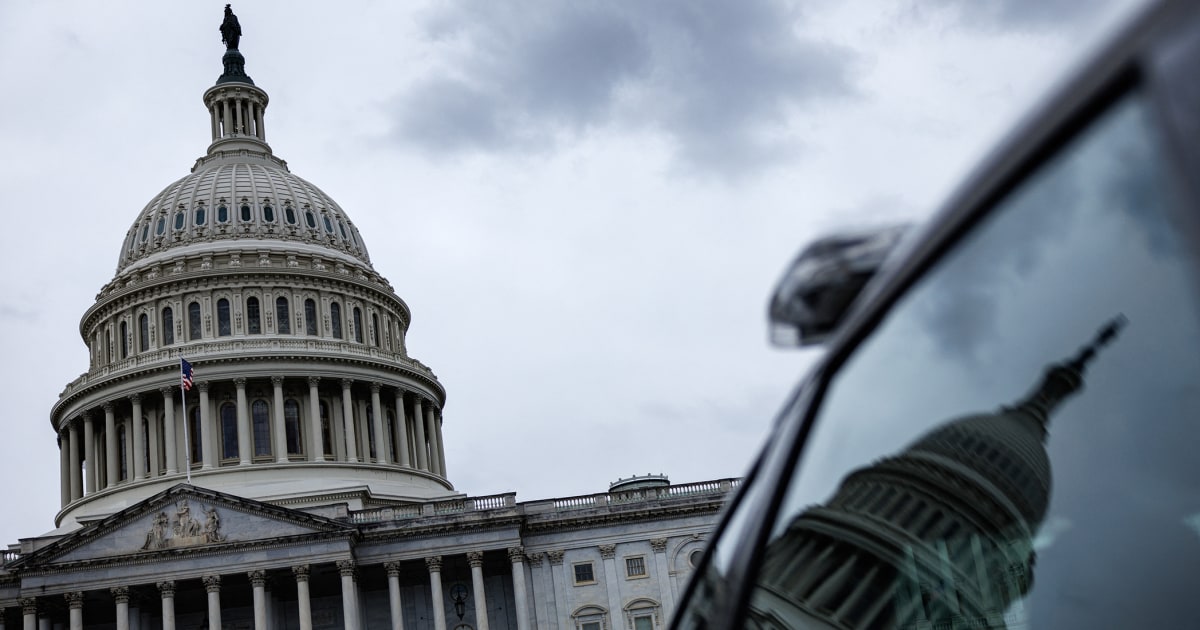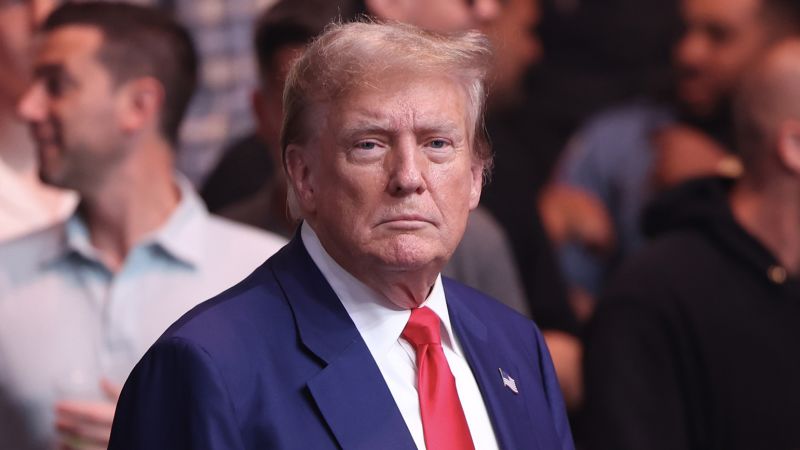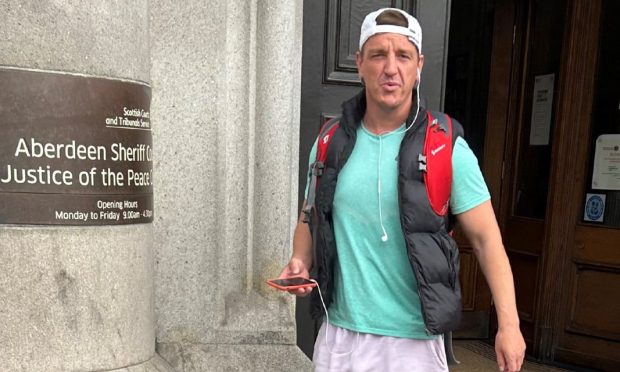
The advent of a new, foreign-based armed religious group known as ‘Lakurawa’ into Nigeria cannot but be sad news for the country’s embattled space, particularly in the North where insurgency seems not to be losing ground. It is sad because the law enforcers, the armed forces and the police, are stretched to their limits, while Nigerians living in the affected areas have become distressed as a result of seemingly endless terror against them. For those Nigerians living either in their homes or in Internally Displaced Camps dotted across the country, it is no exaggeration to say that they sleep, if ever they do, with only one eye closed.
Yet, the development, confirmed by the Army as well as governmental authorities in Sokoto and Kebbi states, marks another wake-up call for the Nigerian Armed Forces to discharge their constitutional responsibility of defending the country’s territorial integrity, from internal and external aggression. The armed forces have for years displayed the gallant trait they are made of in their efforts to ward off human marauders parading as Boko Haram, bandits, kidnappers, killer herdsmen or by whatever name they are called. The gallant soldiers cannot afford to relent at this stage; they have no choice but to finish off the battle against the real enemies of Nigeria.

Considering the history and pedigree of the new expansionists employing terror as their tools, and coming from the Niger Republic, capitalising on the absence of international joint patrols at the border, the Federal Government must initiate appropriate diplomatic support for the soldiers. It is bad enough that nobody seemed to have envisaged the incursion of the armed group into Nigeria, despite that facts point to the high potentiality of such invasion. Recently, the Chairman of Tangaza Local Council of Sokoto State, Isa Salihu Kalenjeni raised the alarm over terrorists’ new recruitment approach.
He said a foreign-based armed religious group referred to as ‘Lakurawa’ migrated from Libya, Mali and the Niger Republic respectively occupying the Tsauni forest that borders five council areas of the state. The report claimed the armed Lakurawa group offers youth one million naira for membership. The claim was buttressed by the Deputy Governor, Idris Gobir, who explained that the group possessed sophisticated weapons and their criminality rules in five council areas of the state.
This unsettling development has emerged at a time when the state is already grappling with persistent banditry. Days later, the Defence Headquarters confirmed the emergence of ‘Lakurawas’, in Northwest. Director of Defence Media Operations, Major-General Edward Buba, made the confirmation at a briefing in Abuja, saying that the new terror group emerged from Niger Republic after the coup that led to the breakdown of military cooperation between Nigeria and Niger.
Buba explained that the terrorists began incursion into the northern parts of Sokoto and Kebbi states from neighbouring Niger Republic and Mali. He said before the coup, there were joint border operations with Nigerien security forces, which kept the terrorists at bay. “The terrorists took advantage of the gaps in cooperation between both countries and exploited difficult terrains to make incursions in remote areas in some North Western states to spread their ideology,” he said.
There can be no underestimation of the deadly nature of the group, with reports indicating that the Lakurawa group launched a deadly attack in the area, killing four gallant soldiers. The deputy governor, Gobir also described the terrorist Lakurawas group as “a faith-based group with idealistic views” now preaching and imposing laws as well as forcing people to pay Zakkat. It is shameful that the Lakurawas are presenting themselves as the alternate government in those five council areas as they rein, rule and rob people without inhibition.
There is no doubt that despite being embattled, the Nigerian Army has kept faith with their constitutional duties, and indeed, they have made appreciative efforts and success in tackling the menace of terrorism in all its forms. According to Buba, Nigerian troops on the frontlines neutralised 481 terrorists and arrested 741 others in October alone. The military also rescued 492 kidnapped hostages, while recovering 480 weapons and 9,026 assorted ammunitions during the period.
While dismantling terror groups in various theatres of operations across the federation, Buba said their strategy remains to undermine the ability of terror groups and their cohorts. He emphasised that troops conducted simultaneous strikes on several terrorist enclaves and hideouts across the country. Nonetheless, after about 15 years of insurgency, Nigerians are not comfortable with the seemingly endless war on terrorism; and the fact that even as the military claims huge success, the terrorists regroup at about the same pace.
The military must not relent in strategising regularly, not just to enable them to take the battle to the enemy, but also to put a permanent end to terrorist criminality in the country. One critical strategy will be to quickly neutralise the new Lakurawa group. That will be a basic demonstration of Major General Buba’s disclosure in Abuja, that troops have done a tremendous job of significantly undermining terror groups.
Governments of Sokoto, Kebbi, Borno, Adamawa and Yobe states in particular, should collaborate with the Federal Government to uproot terror in their domain. Besides waging war on identified groups, governments need to be proactive against the terrorists’ strategy to recruit young, able-bodied boys into their midst, and for paltry sums. This situation has been facilitated by the prevalence of millions of out-of-school children or Almajiris, who have nothing to lose by joining armed groups.
Insecurity cannot thrive when the citizens enjoy basic human necessities. On the contrary, the environment for insecurity will be boosted when people suffer from several factors that tend to promote insecurity in the polity. The rising cost of living, growing unemployment cases, failing businesses, the inability of farmers to access farmland, and the low value of naira to other currencies are some of the factors that will necessarily fuel terror.
It is equally unfortunate that ungoverned spaces where non-state actors can operate freely are also on the increase. These are areas in which government at both the state and federal levels can strategise around, to get positive results. The war against terror and insurgency must be total and all-encompassing.
The current situation of insecurity is also a wake-up call to the Federal Government to address the poor living conditions of the people and adequately equip the military to flush out the terrorists. The authorities should be concerned about the loss of five local councils in a state and the potential danger citizens in those areas contend with daily. Democracy and its dividends will continue to be a mirage in any part of the country where government is missing and governance is non-existent.
.














